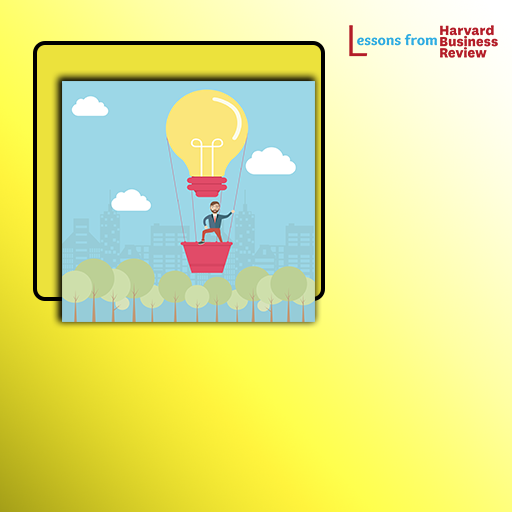All enterprises are born out of a core philosophy, a principle that is quintessential to the character of the company. With time, as the business expands and demands fresh structure and protocols to support its burgeoning girth, the founders often tend to loosen their grip on the initial drift that created the company, its very essence, its real DNA that was the nectar, drawing staff and stakeholders alike like a swarm of bees.
In the process, the soul of the start-up is often sacrificed at the altar of growth and what you have is a totally different beast compared to what you created. But at what price?
The holy trinity
So, what is this “start-up soul”? It essentially comprises three key elements: business intent (why was the company established?); customer connection (an unwavering focus on satisfying the target audience); and employee experience (freedom of being seen and heard).
No matter how fast or big you grow, it’s absolutely critical to preserve this holy trinity. Companies who have managed to use this triad as their growth spearhead — like Warby Parker, Netflix, and Blackrock, for instance – have been able to retain their start-up soul and remain nimble, yet original, in the process.
This holy trinity is not just about creating a cultural playbook for the organization. It’s about creating and nurturing long-term relationships which go way beyond business transactions.
What is “soul”?
“Soul” doesn’t simply translate into a freewheeling work atmosphere with pizzas and beer and endless cups of coffee and quirky tees and in-house gym-ing – a shallow bond. Soul is something deep, almost umbilical, an energizing, kindred spirit that binds people together like glue, creating a powerful and harmonious construct that has innate powers to adapt and grow together.
Sadly, this “soul” is often noticed only when it’s vaporized. In the daily grind of pushing the boundaries to grow and prosper, in our quest for becoming more “professional” and “dynamic”, to seize the now, we often tend to lose sight of the essential culture of the organization, the fulcrum of the enterprise. We have invested in cutting-edge tech and the finest SOPs. But the spirit of the company went missing, right under our nose, even as we obsessed with “structure”.
Starbucks founder Howard Schultz, in his book Onward, described the spirit of Starbucks thus: “Our stores and partners (employees) are at their best when they collaborate to provide an oasis, an uplifting feeling of comfort, connection as well as a deep respect for the coffee and communities we serve.”
How the Holy Trinity can help preserve the Soul
The business intent of the founders is always shaped by their desire to create something unique for the audience they choose to serve, in terms of product or service novelty as well as delivery, never losing sight of their needs and aspirations.
One of the founders of Study Sapuri, a website to address educational inequity in Japan by providing more people access to learning materials, shares its intent: “We believed that learning is a right and not a privilege. We shared the same vision. My motivation to join was to offer true value to the customers; the users and their parents can actually see that their academic ability is improving”.
There’s an unwavering focus on adding value and improving the TG’s life quality. That’s a clear and unambiguous intent.
To cater to the real needs of the customers, you need a special consumer connect, which successful entrepreneurs inherently possess. In successful enterprises, this chemistry is so profound that the founders can almost second-guess their customers in terms of their perspectives and requirements.
Let’s take the case of Nike. The message from the founders was always the same: “Know your products and your customer inside-out.” Hence, the sales reps were christened Ekins (‘Nike’ spelt backwards) who were sent out to chat with sneaker buyers to find out about what they wanted and this info was valuable gunpowder for the product-development team. Understanding the needs of the end-user is critical to leverage a company’s bandwidth.
When employees know their voices will be heard, irrespective of their perch in the company hierarchy, they bond better and do their best work. Employee experience is not about creating an artificial bohemian work-pad with all the attendant bells and props. It’s about granting autonomy at work, the freedom to function within certain pliable guardrails, when the workforce has a voice and a choice, and the license to “participate”.
At Netflix for instance, managers simply provide the context to a task and the employees are trusted to make informed decisions after that. The implication: “We think you’re really good at what you do. We are not going to mandate how you do it, but we’re going to trust and empower you to do great work.” Similarly, at eyeglasses major Warby Parker, it’s not mandatory for the employees to meet their managers every day. Rather, they are encouraged to find their own solutions.
In other words, “Let autonomy shine…”
So, all these mega-successful start-up ventures – Netflix, Nike, Warby Parker, Study Sapuri and Starbucks – have survived and thrived because they trusted in the initial vibes that launched their enterprises, the seminal dream that was the starting gun for everything that followed. The Soul…




